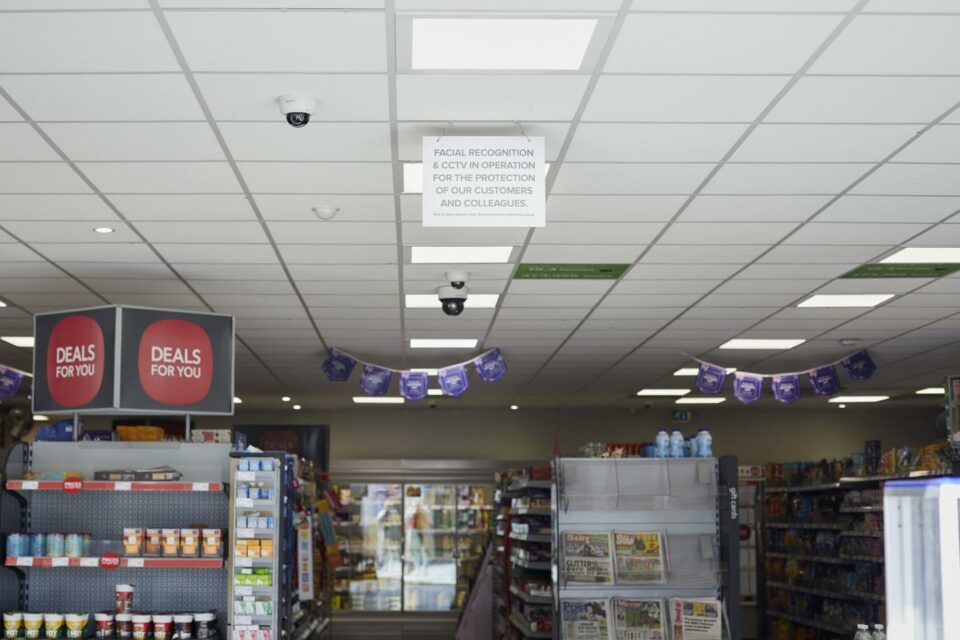Surveillance Technology in Retail: A Growing Trend
Increasing Presence of Facial Recognition Systems
In a retail environment utilizing advanced surveillance tools, patrons are greeted with a clear notice stating that “facial recognition and CCTV monitoring are in effect to safeguard our customers and staff.” This particular scenario unfolds at the entrance of a Sports Direct outlet located in Stoke Newington, an area rich with residential communities in northeastern London. The presence of a distinctive black security camera is evident, illustrating the increasing integration of such technology within everyday shopping experiences.
Recent statistics highlight the United Kingdom as a leader in this realm: it boasts an astounding ratio of 97 surveillance cameras per 1,000 citizens—significantly higher than Paris’s mere 2.1 cameras per 1,000 inhabitants. These figures come from research conducted by Clarion Security Systems based in the UK and France’s Interior Ministry.
The Expansion Beyond Law Enforcement
Historically, facial recognition technology was predominantly utilized by law enforcement agencies. However, according to Daragh Murray—a human rights expert specializing in emerging technologies at Queen Mary University of London—it has witnessed substantial expansion into privately managed environments over recent years. ”This transformation began roughly two years ago,” he remarked. Now prevalent across various venues including supermarkets, nightclubs, and public spaces alike.
Facewatch: Leading Provider for Retail Surveillance
The primary company supplying these surveillance solutions is Facewatch—established by Simon Gordon in 2010 after his personal struggles with theft as a wine bar proprietor spurred him into action against criminal activity. Introducing their innovative system to the market in 2019, Facewatch has since partnered with over 70 different business operators ranging from supermarkets to furniture outlets and discount chains.
Noteworthy examples include entities like Frasers Group—owner of well-known brands such as Sports Direct and Flannels—which oversees more than 900 stores across various sectors.
Conclusion: A New Era for Retail Security
As retailers increasingly rely on sophisticated technologies like facial recognition systems for enhanced security measures, shoppers can expect these trends to become commonplace throughout their shopping experiences. With safety perceptions shifting alongside technological advancements, businesses are redefining how they protect both their staff and clientele amidst growing concerns over theft and vandalism within commercial spaces.


